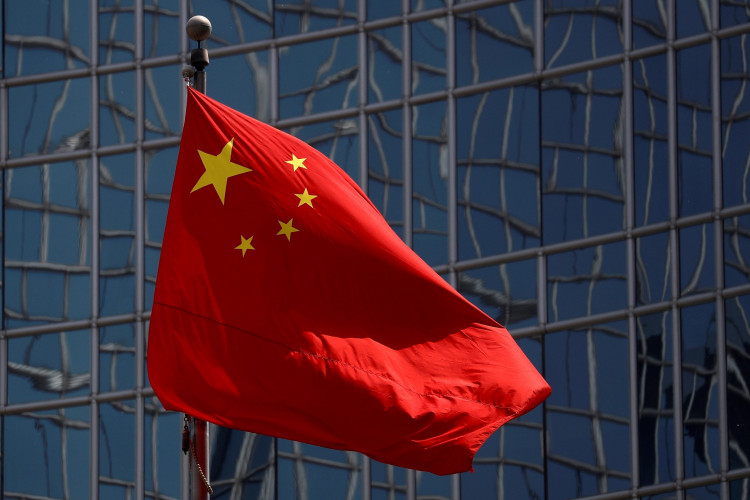China's Ministry of State Security has alleged that it has discovered and detained a foreign national, identified only by the surname Huang, accused of spying for Britain's Secret Intelligence Service, MI6. According to the Chinese authorities, Huang, who led an overseas consulting firm, was engaged in espionage activities since 2015, allegedly collecting intelligence and identifying potential assets within China for MI6.
The Chinese government claims that MI6 provided Huang with professional training and specialized espionage equipment for intelligence gathering and communication. Over the years, Huang reportedly provided the British agency with 17 pieces of intelligence, including several classified as "national secrets." Despite the serious nature of the allegations, the Ministry of State Security did not disclose the full name, gender, or nationality of the individual, nor the name of the consulting agency involved.
This case highlights the increasing tensions between China and the United Kingdom over accusations of spying that threaten their respective national securities. The British government has previously claimed that Chinese spies are targeting its officials in sensitive positions, while China has condemned these assertions as "entirely groundless" and has accused the UK of spreading disinformation and malicious slander.
The Chinese crackdown on perceived espionage threats is part of a broader campaign targeting foreign consultancy and due diligence firms, which has unnerved foreign businesses operating in the country. Recent months have seen state security authorities raid several offices of international consulting firms, such as Capvision and the Mintz Group, as part of efforts to control sensitive information related to national security.
The Ministry of State Security, typically known for its low profile, has been increasingly vocal in its counter-espionage efforts. It has recently launched a WeChat account to engage with the public and has called on society to join the fight against foreign spies, especially following the enactment of a counter-espionage law last July. The law's expanded scope has raised concerns among businesses about potential legal risks and the implications for operating in China.
As this case unfolds, it serves as a stark reminder of the complex and often covert nature of international relations and espionage. The detention of the alleged spy and the accusations leveled by China add another layer to the already strained relations between Beijing and London, with significant implications for diplomacy, national security, and the operations of international firms in China. The global community watches closely as further details and responses from the involved parties emerge.





